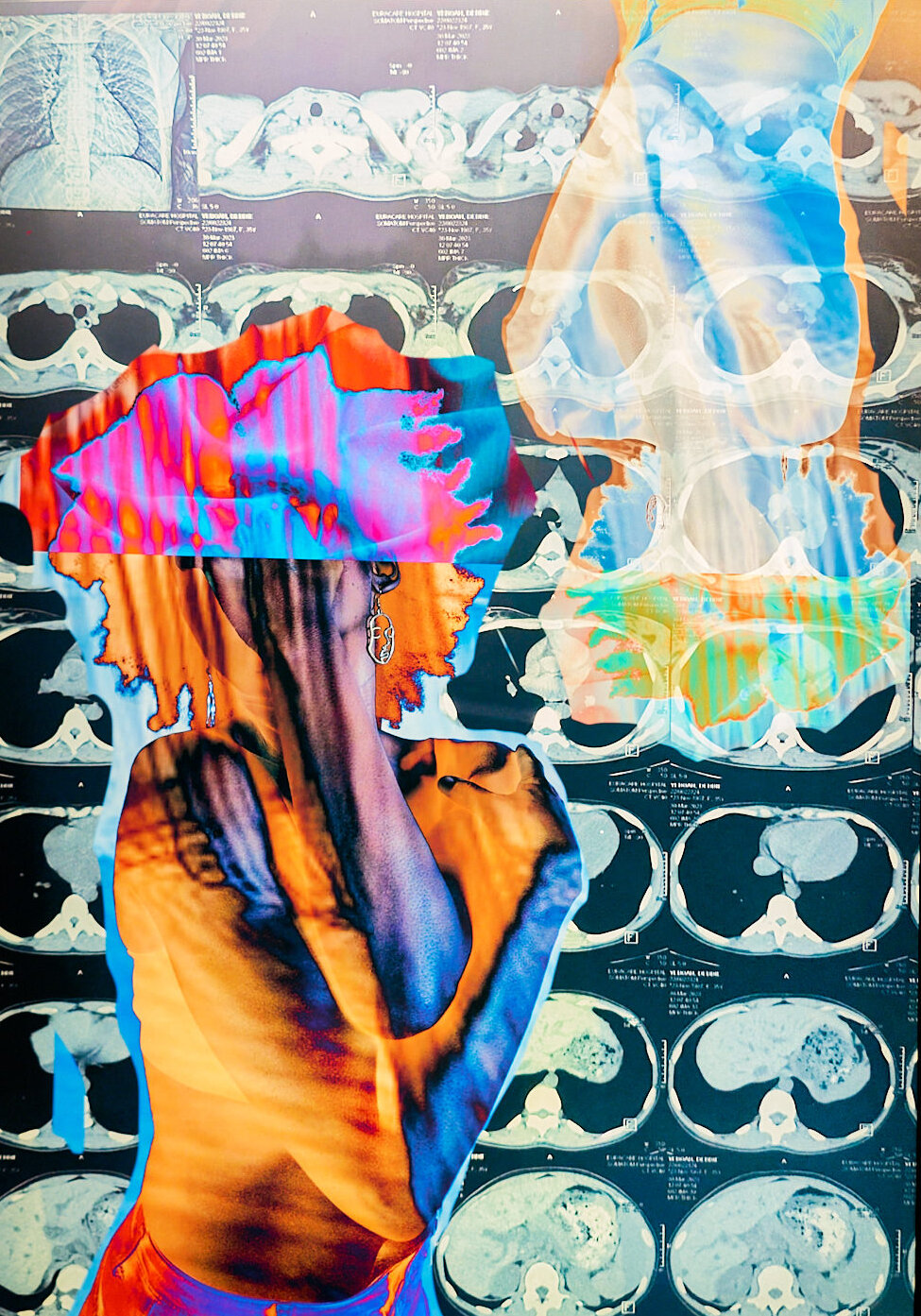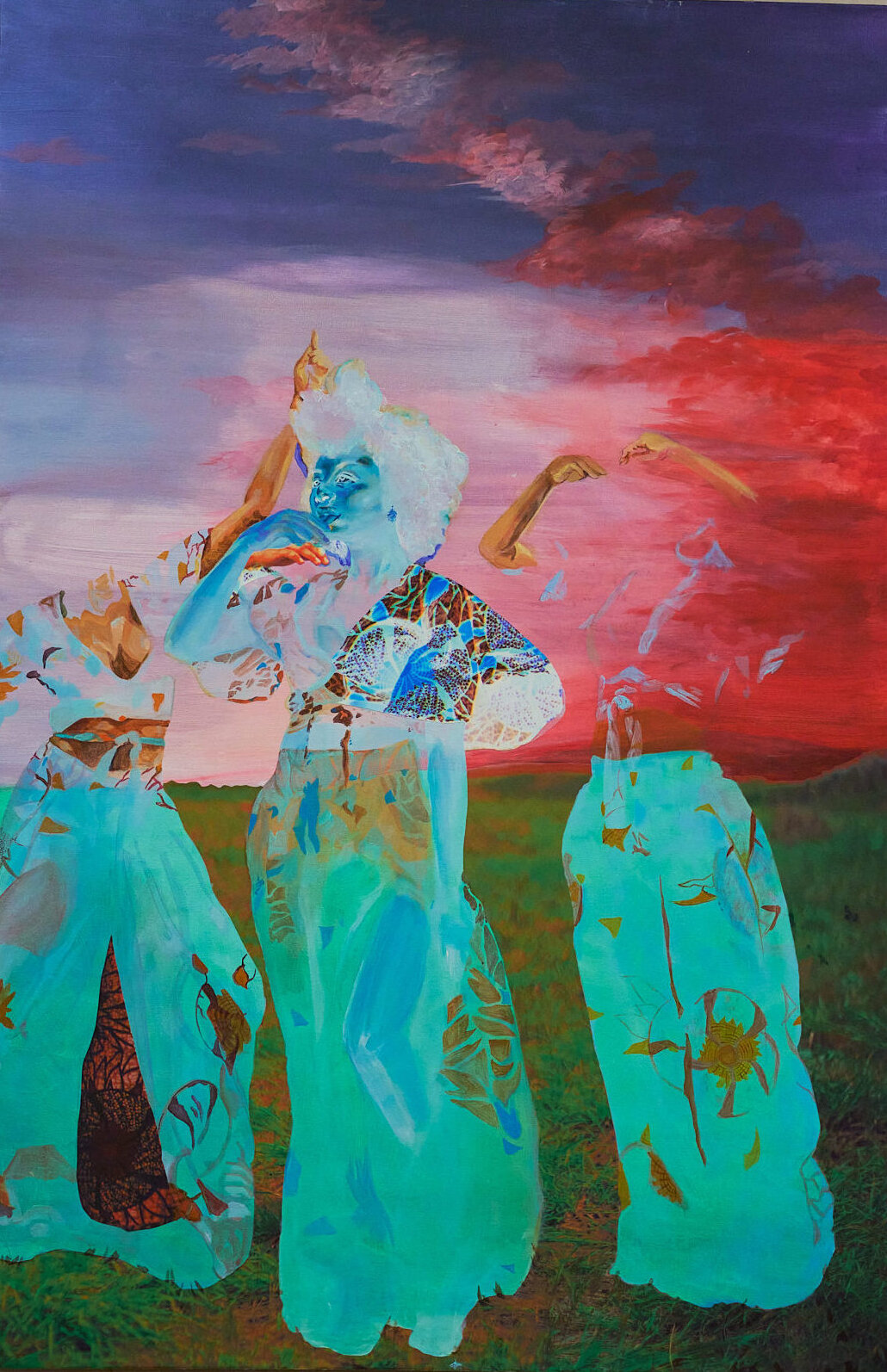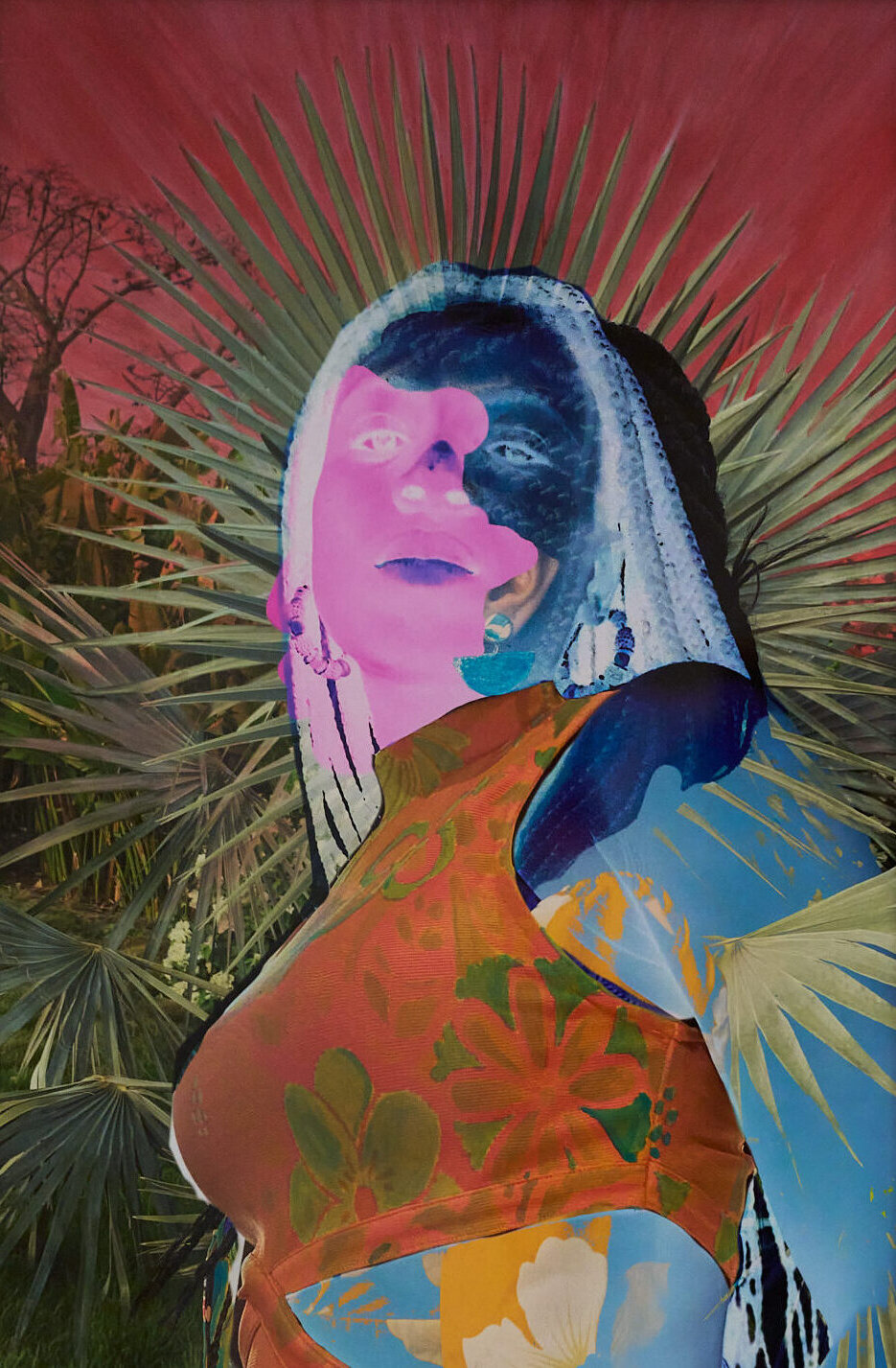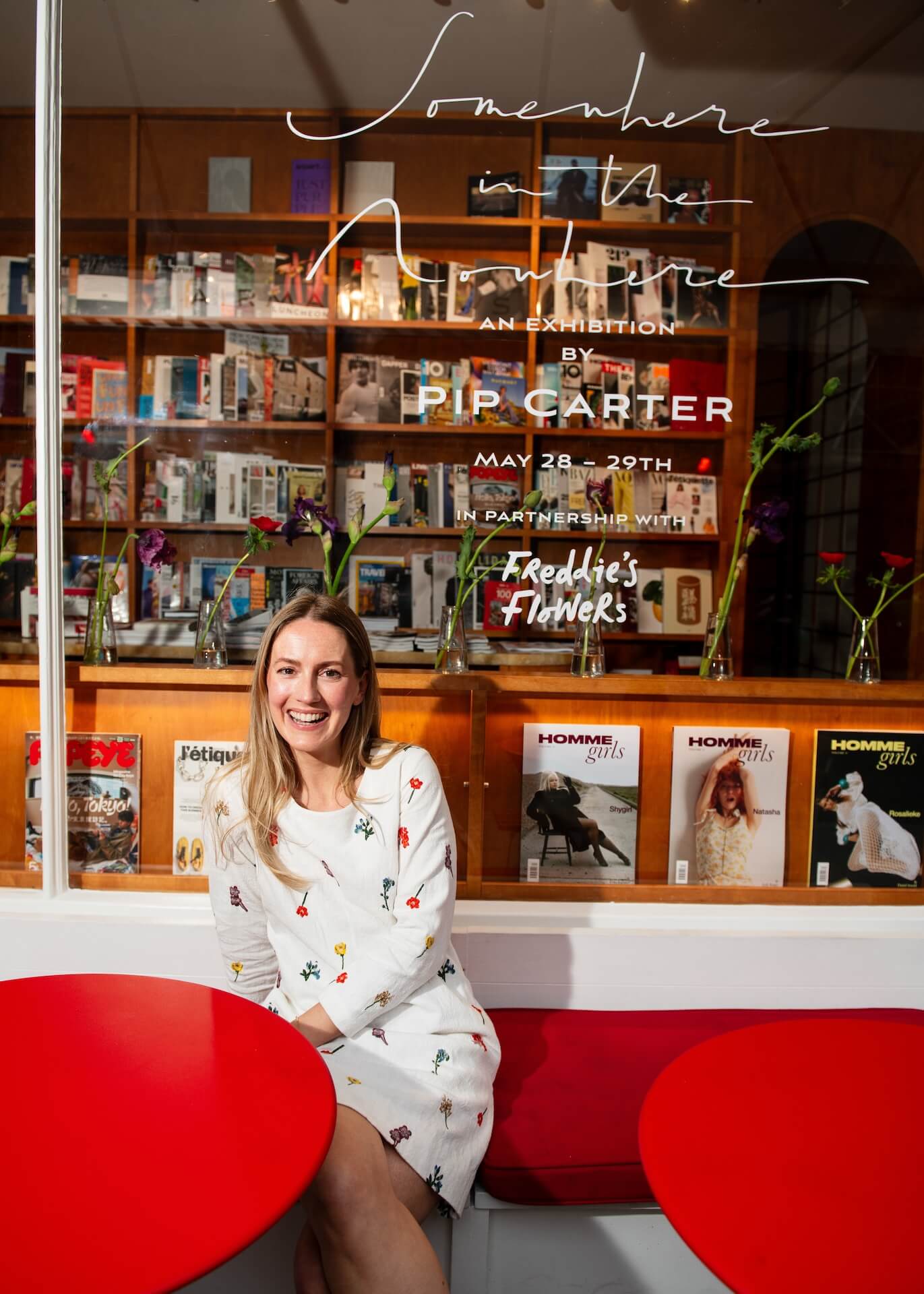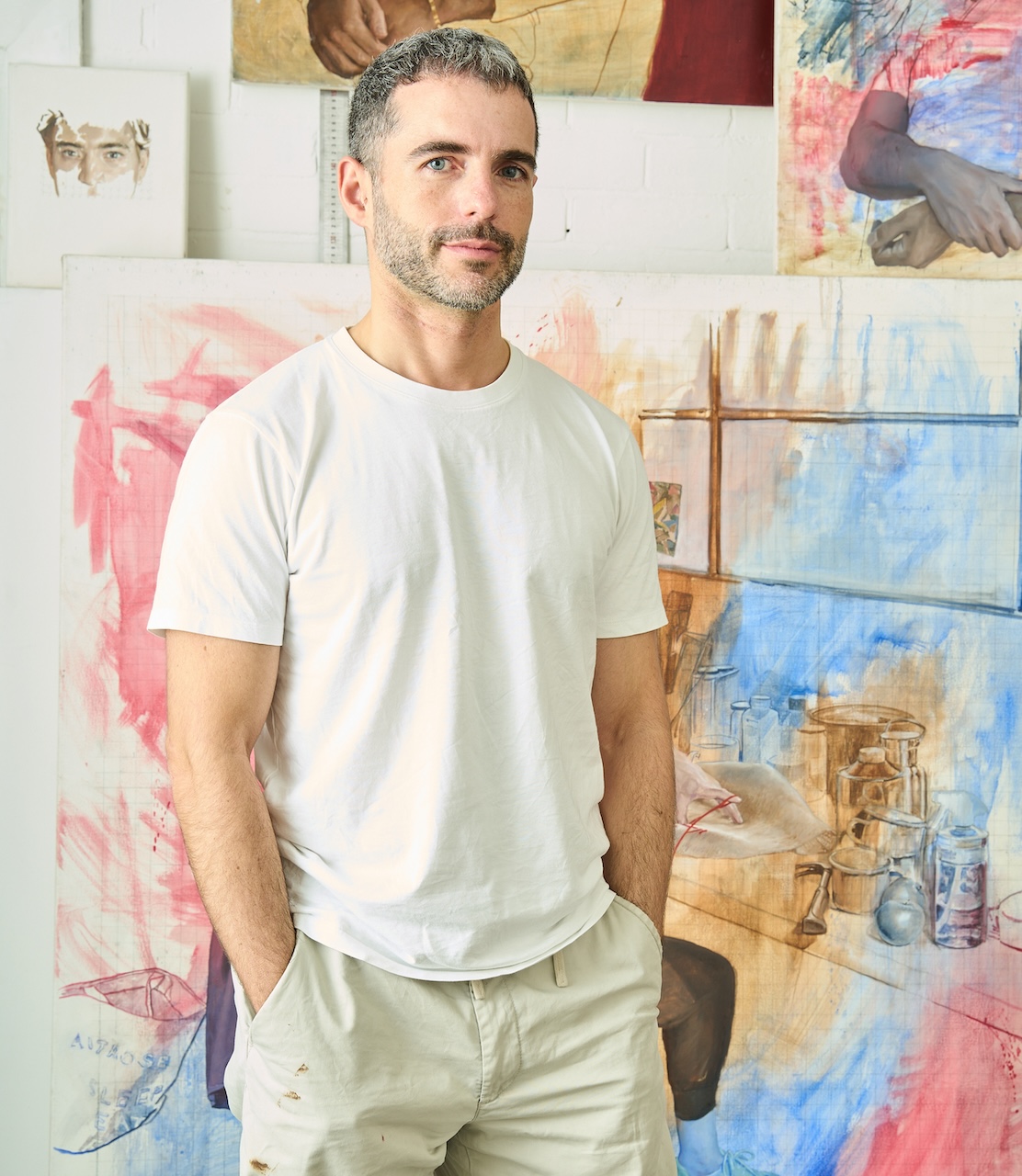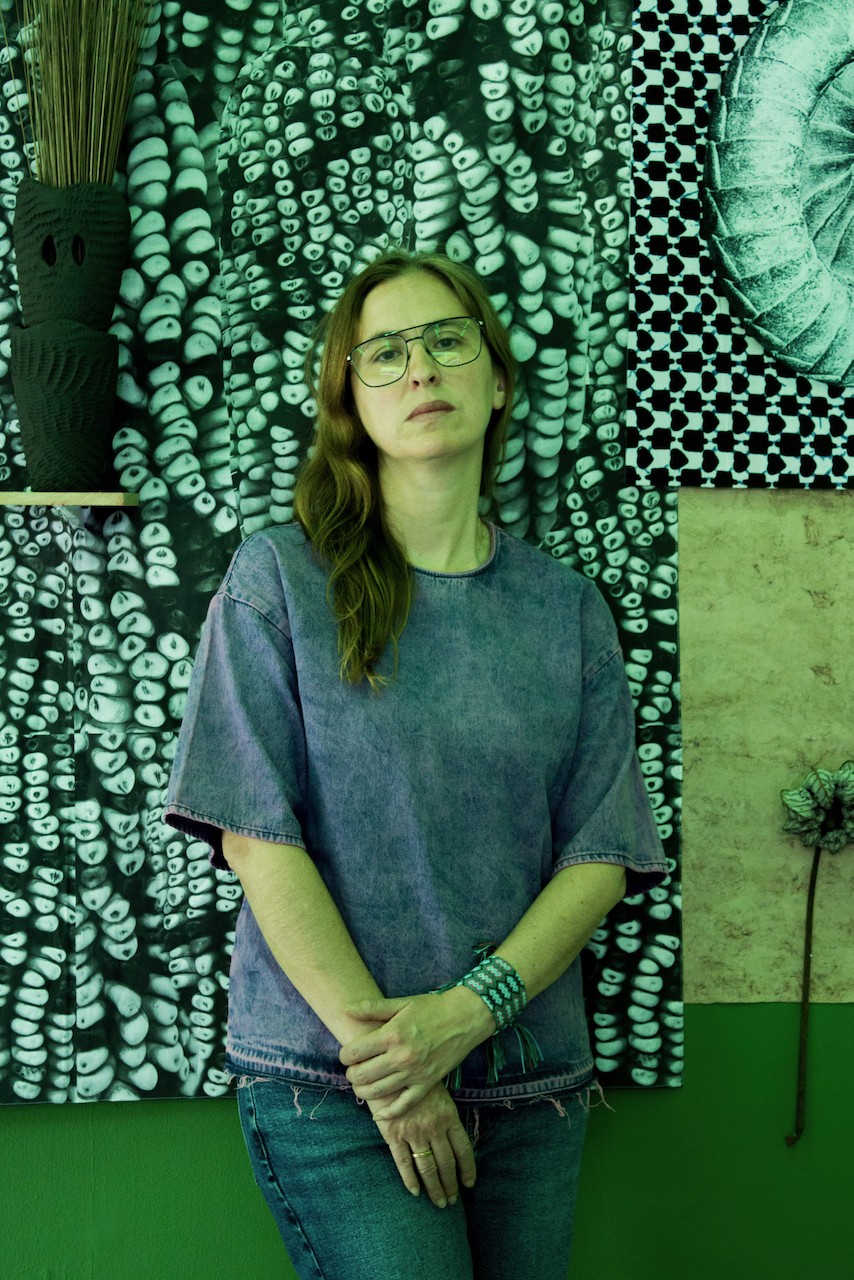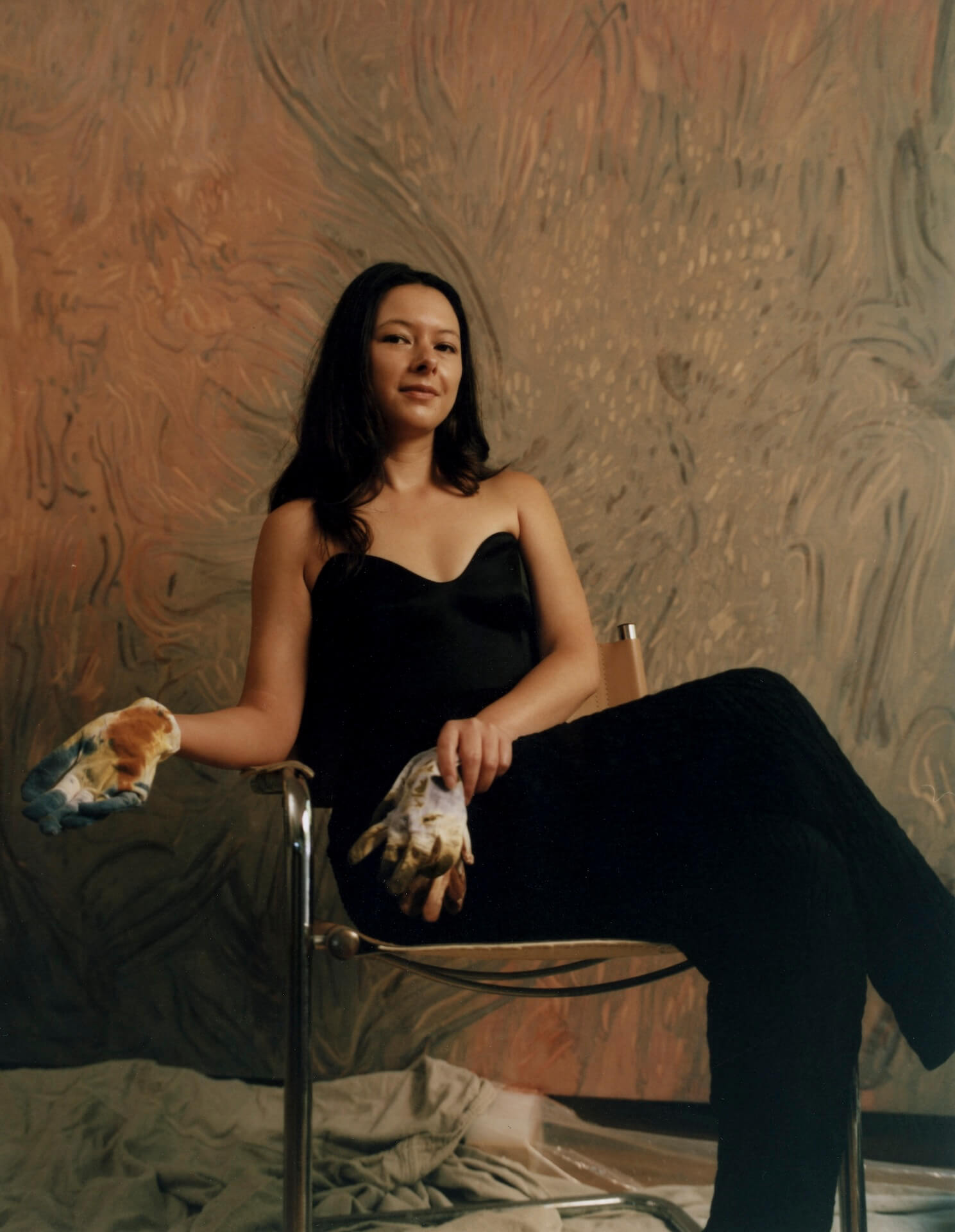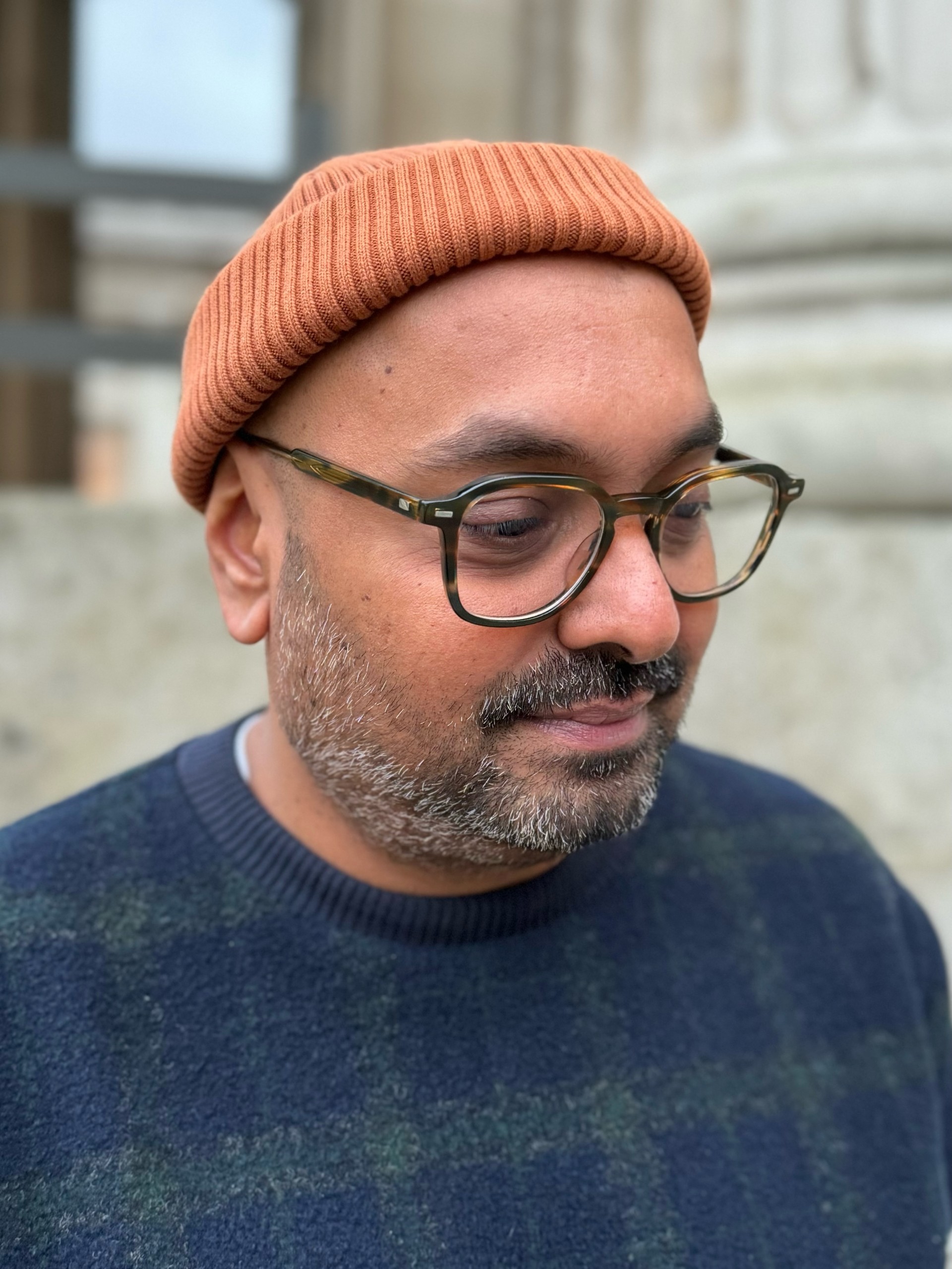Spotlight Dr Debbie Yeboah
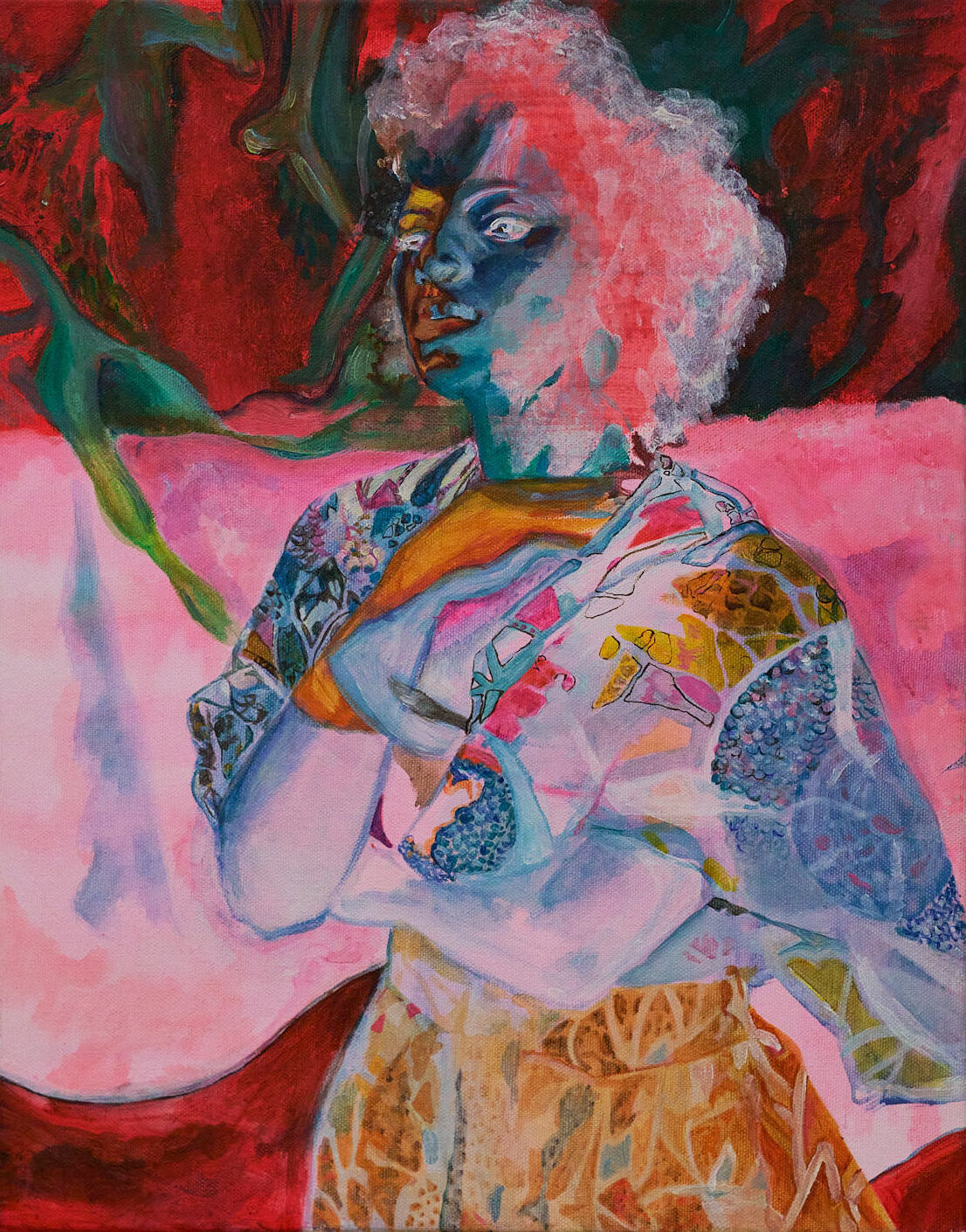
WATCH
WATCH
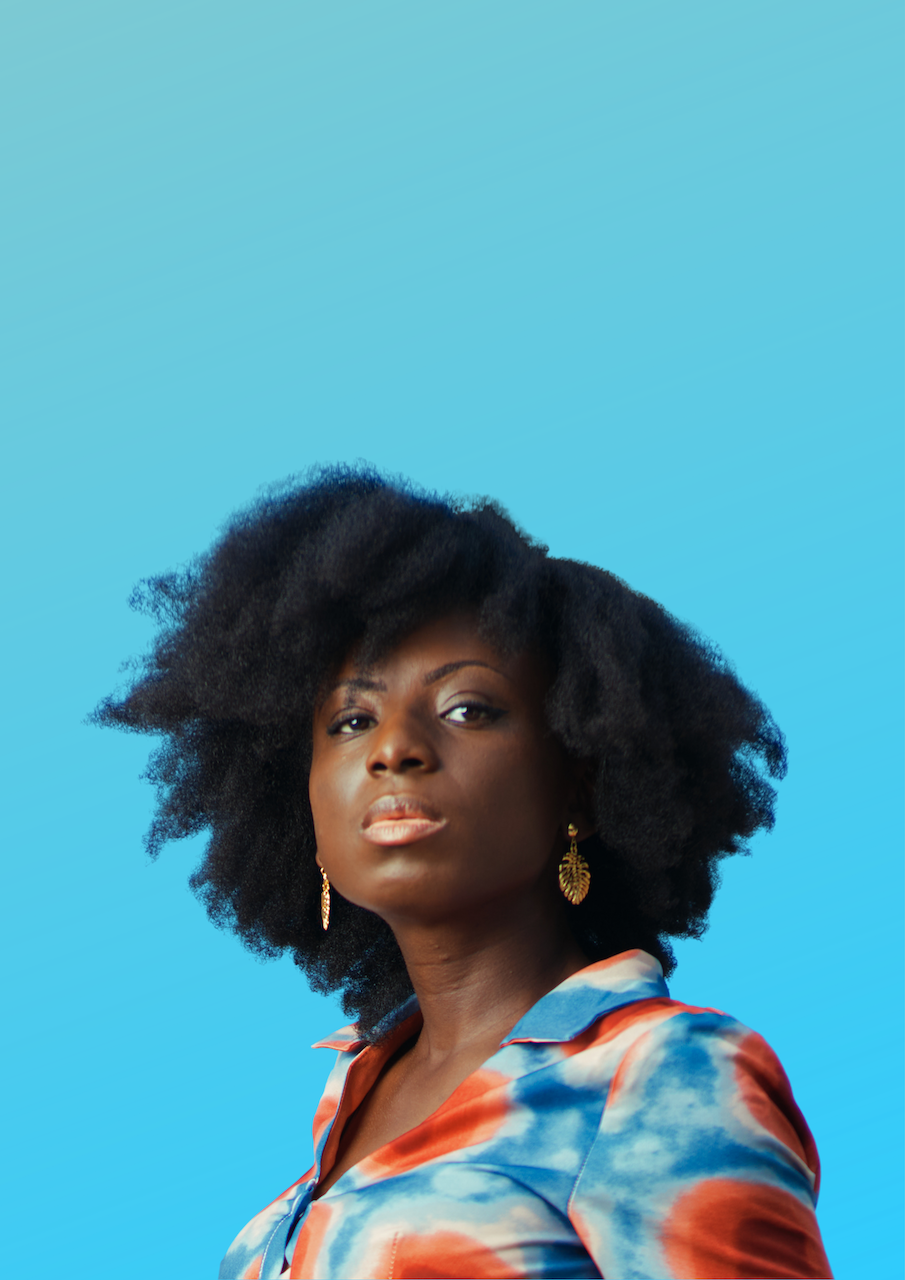
Yeboah’s champion for The Wick is Karen Livingstone, Deputy Director (Masterplan, Exhibitions, Design) at the Fitzwilliam Museum. She said: “It is both fitting and special to champion the artist Debbie Yeboah, who I first met in Cambridge at Murray Edwards College, home to the largest collection of work by women artists in Europe and which is open and free for all to visit. Debbie is currently showing her first solo exhibition of work at the college, extended to the end of June by popular demand. I admire Debbie and her art enormously, for her vision and fortitude and the way her art speaks to both personal and universal concerns. There is a dynamism to her paintings, mixed media works and braided hair installations – through which she makes visible themes of healing, identity and Ghanaian cultural resistance. I find her work very moving and visually engaging.”
With irrepressible colour and movement, Yeboah’s works reference bodies in direct and oblique ways, depicting female figures in paintings and mixed media works, or evoking the body in curtains of braided hair. The works are informed “as much by the silences in the canon as by the students I’ve taught; those who draw white bodies when asked to paint themselves. I’m inspired by the skillful braiding in the din of a Ghanaian salon, and the inimitable wordsmithery of Saidiya Hartman and Sylvia Wynter; the theory-building of Walter Mignolo. I’m very interested in how the body, though scarred by history, can still be an active site of profound becoming.”
The day before her first exhibition was unveiled to the public, Yeboah gave her PhD defense at the University of Cambridge. Her PhD thesis in Education focuses on the ways in which contemporary African artwork can be used as a pathway for decolonizing curricula. Having her academic research and artistic practice come together so successfully in this way “really highlighted the interconnectedness between my research and art-making.”
As she prepares for her next exhibition – to be held in Ghana, later this year, Yeboah says she is digging deeper into the material side of her practice, and expanding on her enveloping installation works. “This is the most meditative work for me, that reckons with what has been broken, and forgotten and what might still be mended through elevated form. It’s basically a more in-depth sculptural investigation into hair, reconstitution, and the intimate politics of re-making the self.”
About the champion
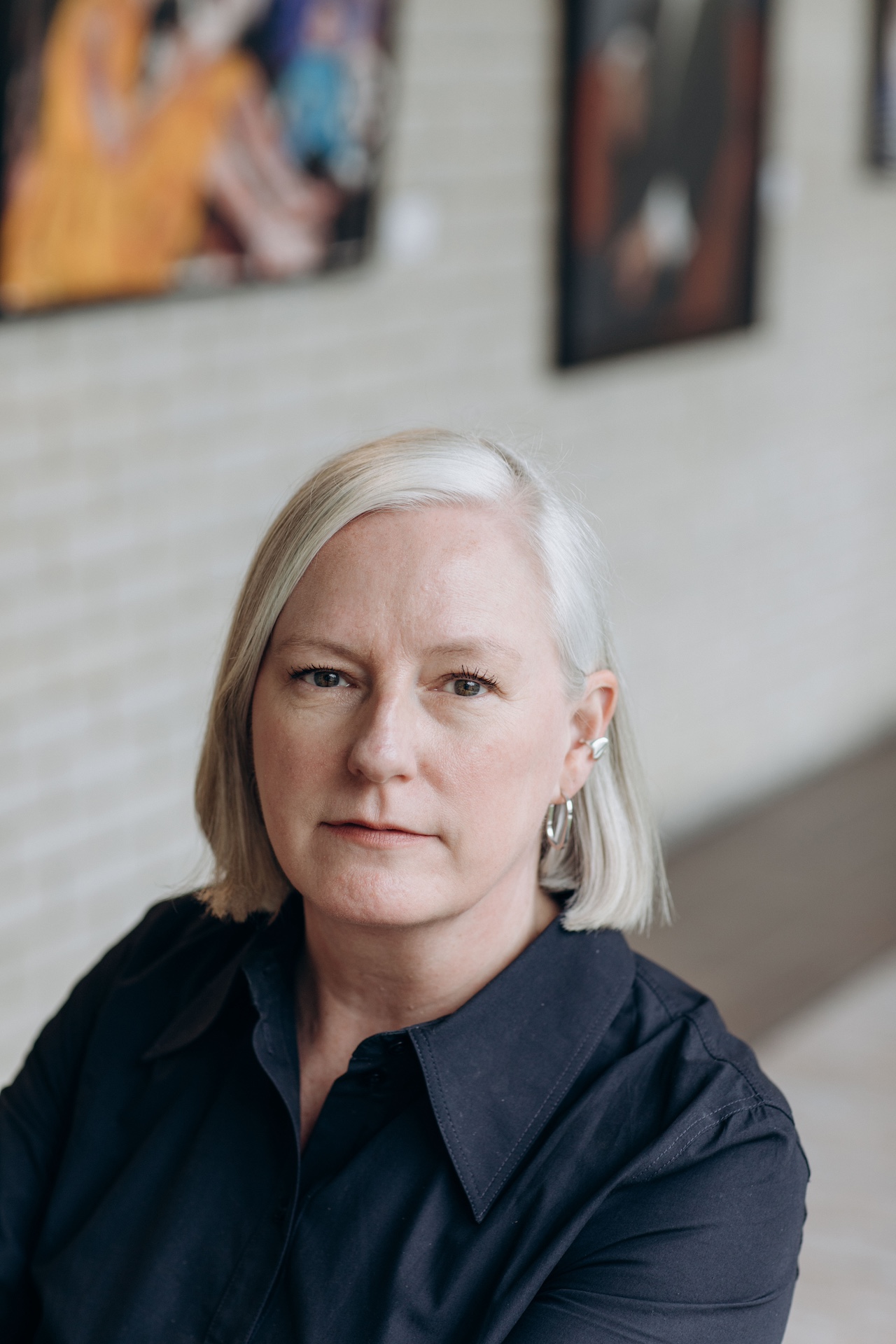
Karen Livingstone is a museum professional, creative leader and champion of art by women. She is currently Deputy Director (Masterplan, Exhibitions, Design) at the Fitzwilliam Museum, University of Cambridge. She is a Fellow of Murray Edwards College, Cambridge, which holds the largest collection of art by women in Europe, and a Fellow of the Royal Society of Arts. Previously she has held roles at the Science Museum Group, the Victoria and Albert Museum and Aberdeen Art Gallery. Her latest book Women Pioneers of the Arts and Crafts Movement was published by Thames and Hudson for the V&A in October 2024.
“I admire Debbie and her art enormously, for her vision and fortitude and the way her art speaks to both personal and universal concerns.”
